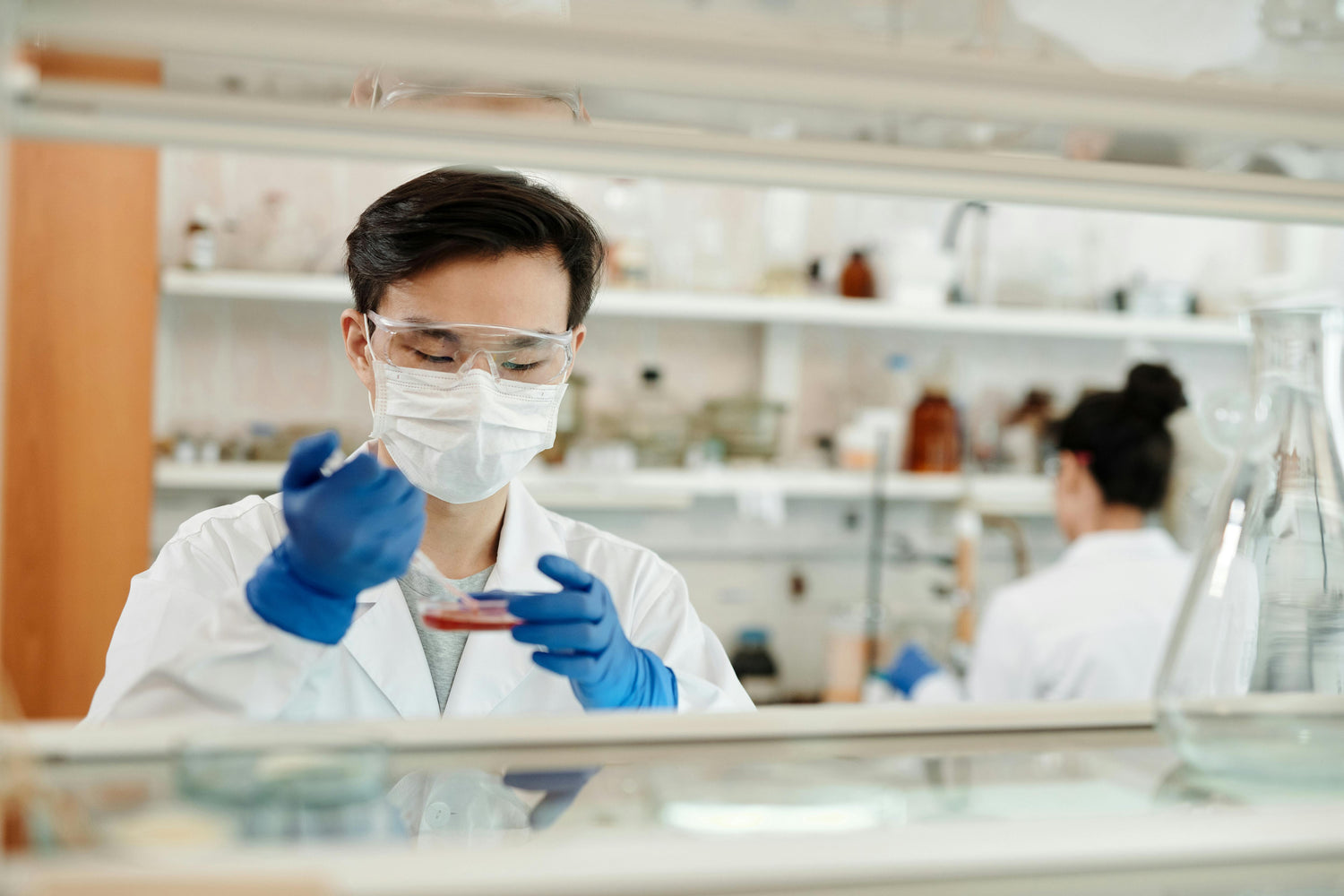The COVID-19 pandemic has brought significant changes to various industries, and the commercial cleaning sector has been no exception. Increased awareness of personal hygiene has necessitated a shift in how companies approach their cleaning procedures. This shift has influenced standards, practices and expectations within the industry, leading to remarkable development.
Heightened Standards and Expectations
The onset of the pandemic introduced an elevated focus on cleanliness. Businesses, irrespective of size, recognized the importance of maintaining a sanitised environment. This shift wasn't merely about visible cleanliness; the emphasis was on ensuring spaces were genuinely sanitised to minimise the risk of viral transmission. This new standard became a non-negotiable requirement for clients, compelling cleaning companies to adopt more rigorous protocols.
Adoption of Advanced Cleaning Technologies
To meet the increased demands, commercial cleaning services incorporated advanced technologies. Innovations such as electrostatic sprayers, UV-C light devices, and high-efficiency particulate air (HEPA) filtration systems became more commonplace. These tools allowed for more thorough disinfection, ensuring a higher level of cleanliness than traditional methods.
- Electrostatic Sprayers: These devices charge cleaning solutions to ensure they adhere more effectively to surfaces, providing comprehensive coverage.
- UV-C Light Devices: Utilised for their ability to neutralise pathogens, these devices became a staple in deep-cleaning routines.
- HEPA Filtration Systems: Essential in air purification, these systems capture airborne particles, contributing to a healthier indoor environment.
Increased Frequency of Cleaning
Businesses began to increase the frequency of their cleaning schedules. Regular disinfection of high-touch areas such as door handles, elevator buttons, and shared equipment became standard practice. Daily or even multiple daily cleanings were no longer seen as excessive but necessary to maintain a safe environment for employees and customers.
Training and Certification for Staff
The need for specialised cleaning practices led to enhanced training programs for cleaning staff. Workers were educated on the proper use of new technologies, the importance of personal protective equipment (PPE), and the correct protocols for disinfecting various surfaces. Certifications from recognized health organisations became a valuable asset, reassuring clients of the competency and reliability of their cleaning service providers.
Eco-Friendly Cleaning Solutions
Amid the increased use of cleaning agents, there was a growing concern about the environmental impact. This concern pushed the commercial cleaning industry towards more sustainable practices. Eco-friendly cleaning solutions, which are effective against pathogens yet gentle on the environment, gained popularity. These products helped balance the need for rigorous sanitation with the responsibility towards environmental conservation.
Remote Work and Its Impact on Office Cleaning
The pandemic accelerated the trend of remote work, leading to changes in office occupancy levels. While some companies reduced their physical footprint, others adapted by implementing flexible work schedules. This shift resulted in varied cleaning needs. Some spaces required less frequent cleaning due to lower occupancy, while others needed thorough cleaning to accommodate rotating staff.
Tailored Cleaning Plans
The diverse needs of businesses called for more customised cleaning plans. Companies began to offer tailored services, addressing specific requirements based on the type of business, the nature of the workspace, and the level of foot traffic. This personalised approach ensured that clients received optimal cleaning services suited to their unique circumstances.
Emphasis on Communication and Transparency
Clear communication became paramount in the commercial cleaning industry. Clients sought detailed information about the cleaning products used, the frequency of cleaning, and the protocols followed. Transparency in these areas helped build trust and reassure clients that their health and safety were prioritised. Regular updates and reports on cleaning activities became a standard practice, keeping clients informed and engaged.
Financial Considerations
The changes in cleaning practices inevitably impacted the financial aspects of the industry. The increased demand for more frequent and thorough cleaning services led to adjustments in pricing structures. Companies had to balance providing high-quality services with maintaining affordability for their clients. This balance was crucial in retaining clients while ensuring the sustainability of the cleaning business.
Long-Term Implications
The pandemic's influence on commercial cleaning is likely to have lasting effects. The heightened awareness of hygiene and cleanliness will persist, continuing to shape the industry's standards and practices. The adoption of advanced technologies and eco-friendly solutions will likely become permanent fixtures, driving ongoing innovation. Additionally, the trend of remote work and flexible office arrangements will continue to influence the cleaning needs of businesses.
The COVID-19 pandemic significantly reshaped the commercial cleaning industry. Elevated standards, the adoption of advanced technologies, increased cleaning frequencies, specialised training, and eco-friendly practices have become integral components of the sector. These changes have not only addressed the immediate challenges posed by the pandemic but have also set a new precedent for cleanliness and hygiene in commercial spaces. As businesses navigate the post-pandemic world, commercial cleaning services will continue to evolve, ensuring safe and healthy environments for all.




Leave a comment
This site is protected by hCaptcha and the hCaptcha Privacy Policy and Terms of Service apply.